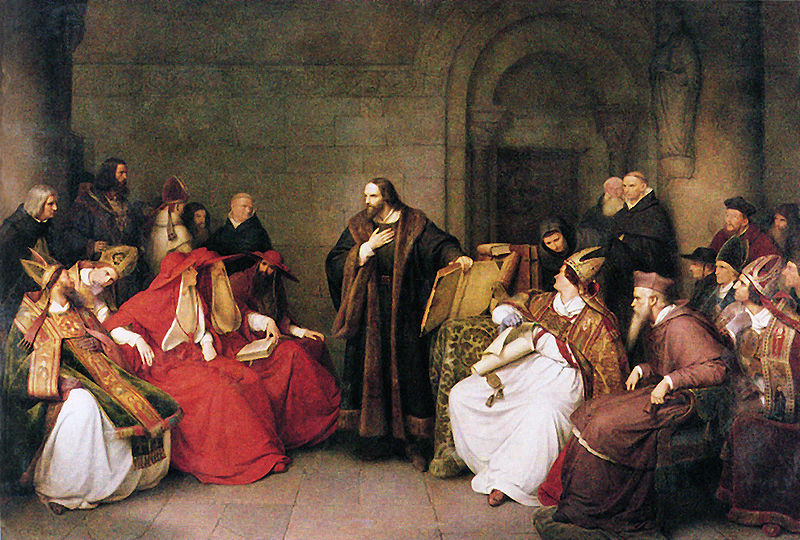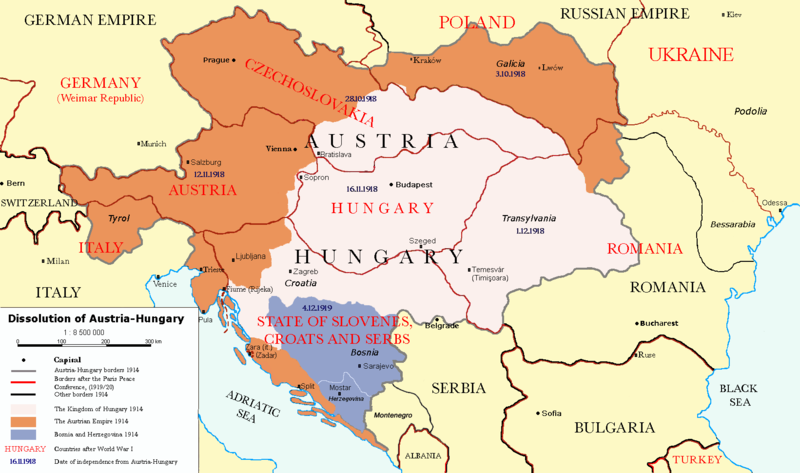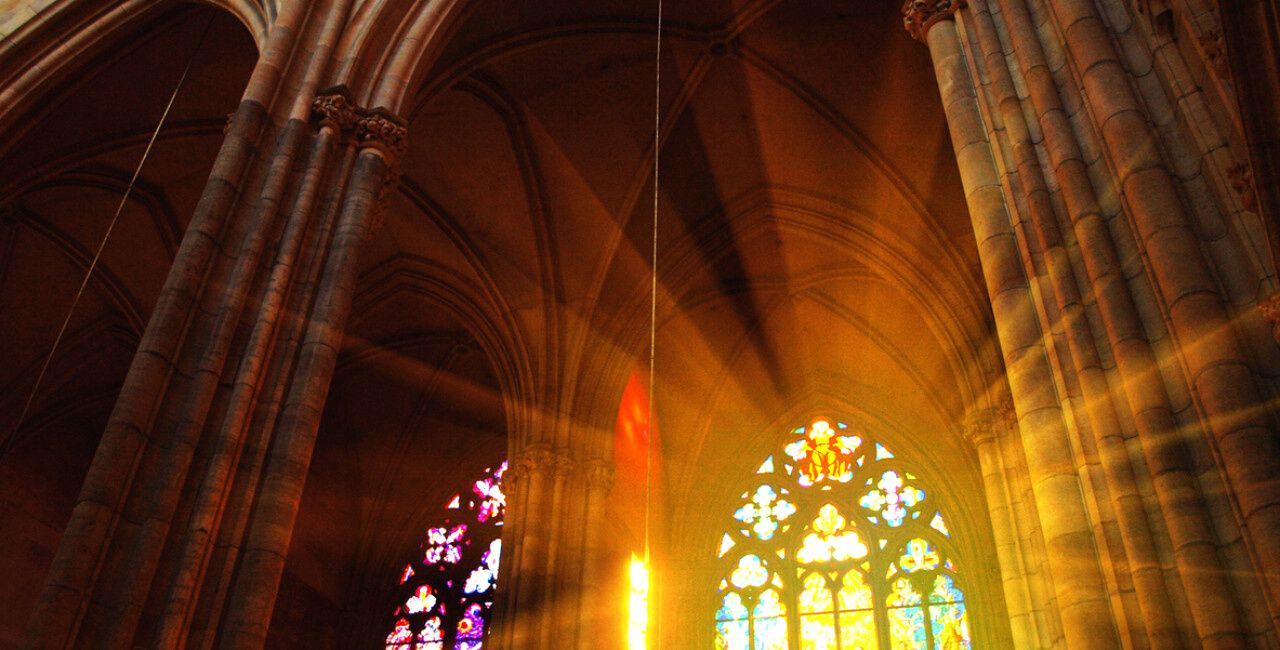The Czech Republic is recognized as one of the least religious countries in Europe and potentially the world.
The reason for this is commonly explained as the result of Communism. Suppressing religion is a tactic for the Communist regime, which was intended to fight against any organized power that could challenge them, such as the Catholic Church.
However, the Czech Republic is a leader in secularism and non-religion among its neighboring countries, many of whom were also under Communist rule.
Take, for example, our next-door neighbor Poland, which remains largely Catholic beyond the fall of Soviet influence. The only nearby country that comes close to the Czech indifference to religion is Estonia.
While Estonia did fall under the Communist regime like Czechoslovakia, it is a sizeable distance away and has a vastly different history. Consequently, it is logical to conclude that you cannot merely point to Communism as the answer to why Czechs are not religious.
So, what is the answer?
As might be expected, there is not simply one event that changed the country’s religious views. Rather, many historians believe that a long history of anti-Catholic sentiments and rejection of organized religion led to the prominent atheism seen in the Czech Republic today.
One definable moment in the Czech Republic’s religious history was in 1415 when Jan Hus was burned at the stake for heresy by the Catholic Church.

By Carl Friedrich Lessing/ Public Domain
Jan Hus was a Catholic priest who had a large following known as the Hussites in what was then Bohemia. His death only led to a further uprising of the Hussites’ influence and rejection of the Catholic Church.
Over two hundred years later, the Thirty Years War came to an end, and the Catholic Austro-Hungarian Empire ruled over what would become the Czech Republic.
The people of Bohemia were forced to adopt a religion they had not agreed with for centuries.

Dissolution of Austria-Hungary by Austria-Hungary_Ende.png/ CC BY-SA 3.0
Unsurprisingly, this did not lead to positive feelings towards the Catholic Church. The distaste for Catholicism lasted for generations and only grew throughout World War I.
It was not until the war was won and Czechoslovakia became its own country that the people were finally free from Catholicism in the very recent year of 1918.
Therefore, Communism did not bring its rejection of religion until centuries of disfavor for Catholicism in Czech culture.
From then, it was not difficult for atheism to become solidified in the nation’s beliefs. The fall of Communism did lead to a short spike in the people’s interest in organized religions, but it did not endure.
In modern times, Czech people primarily identify as atheist, agnostic, or personally spiritual.
A majority believe in spiritual concepts such as fate or miracles, but in a recent Pew Research Center survey, 72% of Czechs said they do not identify with any particular religion.
As with most historical questions, the non-religious Czech cultural phenomenon is the result of centuries of experiences.
-
NEWSLETTER
Subscribe for our daily news










